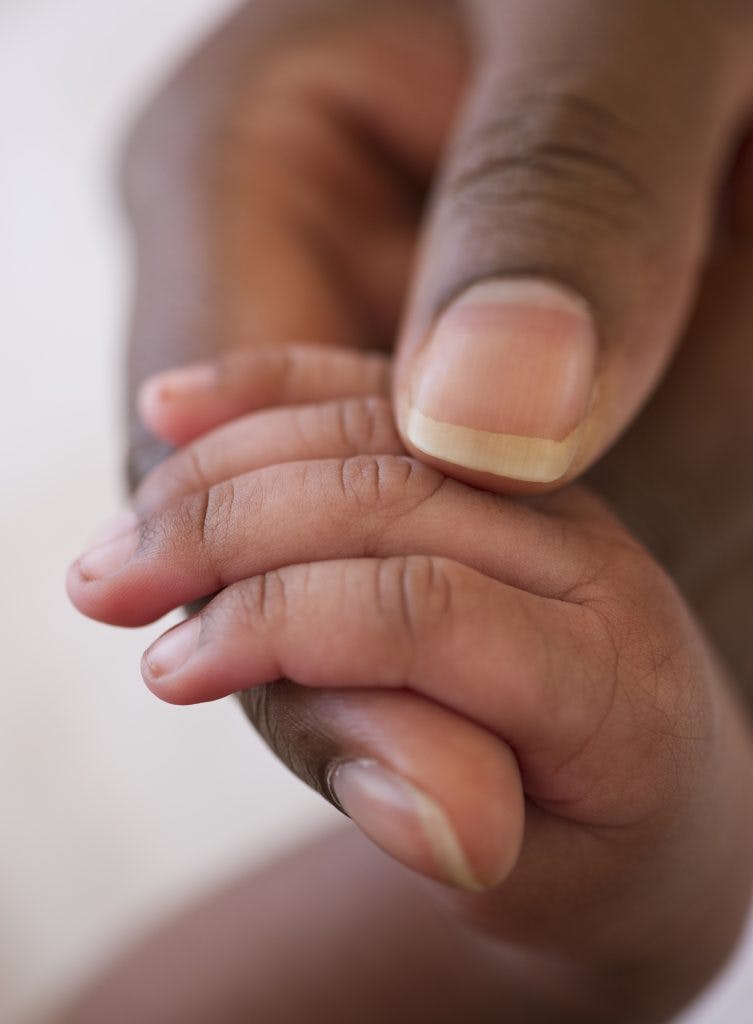Just a few months ago, FDA Commissioner Scott Gottlieb acknowledged the widening claims of severe complications in a statement. Gottlieb said Essure “has been associated with serious risks including persistent pain, perforation of the uterus and fallopian tubes, and migration of the coils into the pelvis or abdomen.” The announcement came after the FDA restricted the sale of Essure and mandated a new warning label last spring.
But what the FDA chief neglected to mention were increasing reports connecting Essure to the deaths of four women, “nearly 300 unborn children,” and an untold number of birth injuries.
Bayer AG, the manufacturer of Essure, maintains that it stands behind “the product's safety and efficacy,” and told the Washington Post that women may “confidently” rely on the implant.
Still, patients implanted with Essure devices are sharing their harrowing experiences on social media and amid Facebook groups. Women have given a name to the rising number of children conceived while on Essure: E babies. Some posts raise the specter of birth defects in these E babies related to Essure.

One woman wrote in the Essure Problems Facebook group, “154 babies in our #essure support group. Most have ended in miscarriage. Several stillborns and high rate of birth defects.” Another woman responded to the post, asking, “...What are the birth defects??? I haven’t seen that much on this and considering I have a 2 month old E baby I would like to know.”
Although an official number of Essure birth injuries remains elusive, a report in Bleeding Edge, a new Netflix documentary on the dangers of medical devices like Essure, linked 800 birth injuries to the device.
Reports also suggest doctors and Essure sales representatives downplayed the prevalence of “E babies” for years, along with the extent of the health risks associated with the device. Essure’s manufacturer reportedly paid millions to U.S. doctors to boost Essure sales. Between 2013 and 2017, Bayer AG paid $2.5 million to nearly 12,000 doctors for what the company called “consulting fees and similar services” related to Essure, as CNN reported.
The payoffs appear to have begun after early reports of unplanned pregnancies and serious complications with the device. Back in 2012, a woman filed an Adverse Event Report about Essure with the FDA. In the report, she described “severe back pains, severe bleeding, cramping and dizziness” shortly after implantation of the Essure device. Six months later, she learned she was pregnant--even though Essure’s manufacturer claims the device is over 99 percent reliable in preventing pregnancy.
Things only got worse for her. Already grappling with an unplanned pregnancy, the woman soon experienced the horror of learning her growing baby had major birth defects and neurological conditions. The cause? “Diagnosis of baby is exposure to carcinogen, which is the nickel in the essure,” she told the FDA.
The woman not only had to make the heart-rending decision to end her pregnancy, she also had to undergo a hysterectomy to remove the device.
“This product is harmful, is responsible for deaths of babies and destroying women's health,” she wrote. “It needs to be recalled.”
But despite reports like hers — and more than 16,000 lawsuits over the device — Essure is not being recalled.
Instead, Essure is being sold to women throughout the U.S. until the end of the year.

